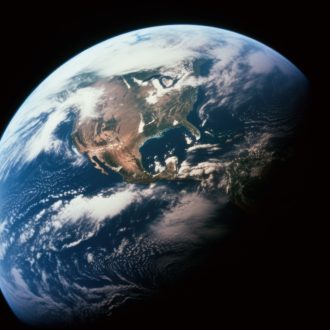
Florida is a state known for its beautiful sandy beaches. There are people that come from all over the world to partake in lounging around in the sand and the surf. Florida is also known for its torrential storms. For example, Miami-Dade County lost a staggering 170,000 Cubic yards of sand during Hurricane Irma. Beach erosion has become a large issue in Florida, with nearly half of the state’s coastline being considered “critically eroded”, and it’s become quite the ordeal trying to figure out how to keep the sandy white beaches actually on the beach.
Much like how trees and vegetation protect riverbanks and lakesides, reefs provide a good natural buffer to coastlines. They help to guard the coast from the harmful effects of storms, and can reduce beach erosion. The problem is that a combination of pollution and changing sea temperatures are causing the death of natural reefs at a rapid pace. To combat this, we have started to try and establish artificial reef habitats through sunken ships, rig platforms, bridges, and other offshore structures. The idea is that these structures serve as a base for new reefs. In some cases, we have even deliberately submerged man-made structures to encourage reef growth. This has even been done by deliberately sinking decommissioned ships!
Another unique solution has come with Oysters. The Navy is using oyster reefs as protection for their naval bases, protecting millions of dollars in equipment from damaging storms. Several reefs have been established in places like New Jersey, Virginia, South Carolina, and are in the process of being built in others, like North Carolina and Alabama. Even Florida’s Elgin Air Force Base in Florida has established a protective oyster reef. Environmental scientists are saying the sort of “living shorelines” that are created as a result of oyster reefs are more effective, cheaper, and ultimately preferable to things like seawalls.
Overall, the use of artificial reefs does a lot of good. They protect the shoreline from erosion, provide valuable, biodiversity rich habitats for our oceans, and ultimately work to protect human assets from being destroyed or damaged. With this in mind, we want to consider whether we can afford to disregard the benefits that man made reefs can provide. As a company, KCI works to support maintaining the natural habitat and providing solutions for erosion issues, from the small scale in our own backyards, to large scale coastlines.



